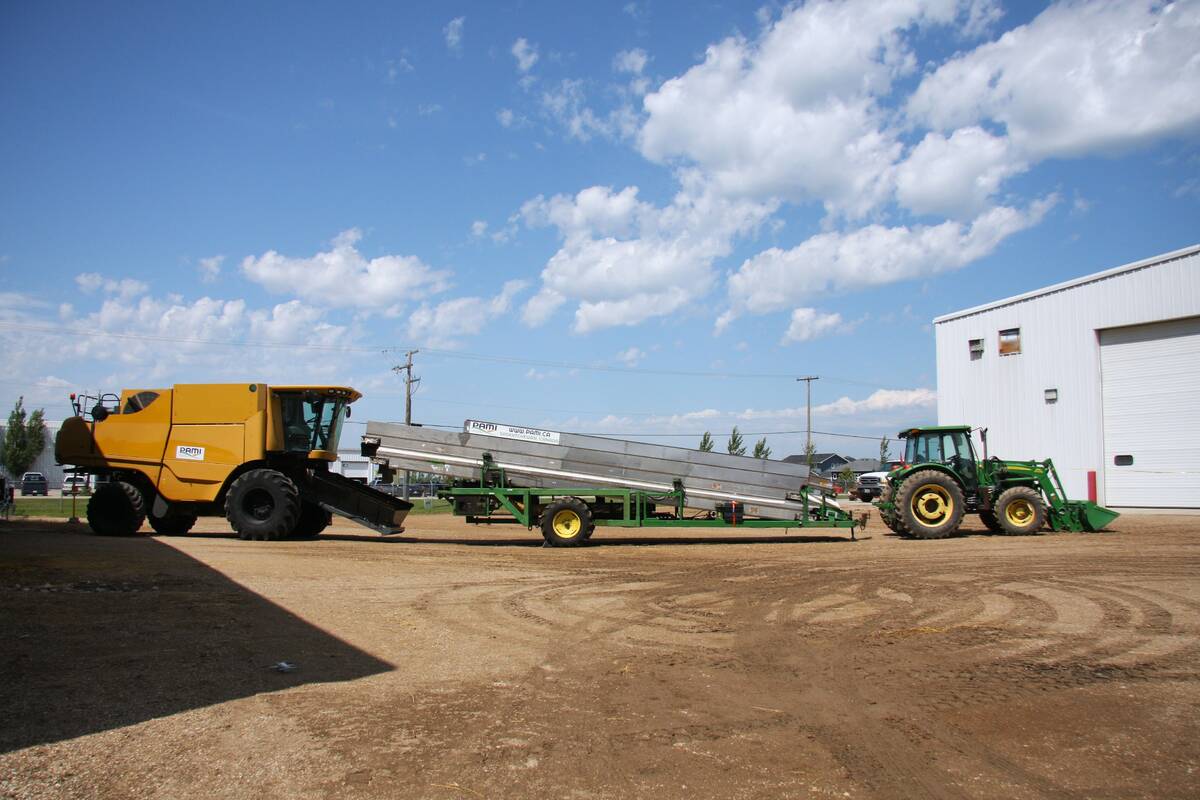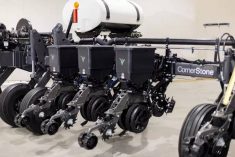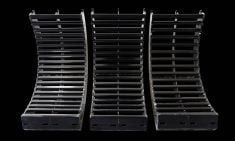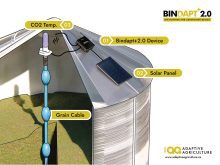The agency that tests and helps develop Prairie manufacturers’ new equipment plans to open up greater market access for its clients by getting its Standards Council of Canada (SCC) accreditation.
The Prairie Agricultural Machinery Institute (PAMI), which operates at Humboldt, Sask. and at Portage la Prairie, has picked up a joint federal/provincial investment of $65,000 toward that goal.
The funding, delivered through the Canada-Saskatchewan Western Economic Partnership Agreement (WEPA), is to go toward developing test procedures, revising procedures and buying and installing new equipment in order to receive SCC accreditation.
Read Also

Manitoba funds look to improve farm equipment interoperability
PAMI’s getting another $25,000 to help farm machinery and their digital systems, across different brands, work together.
“Saskatchewan products are of excellent quality and are in demand locally and internationally,” Saskatchewan MLA Delbert Kirsch said in a provincial release April 14 announcing the WEPA funds.
“This accreditation will open up market access for PAMI and other provincial products as they will be certified right here in Saskatchewan.”
PAMI’s objective in this process is to get SCC laboratory accreditation, which will allow it to test and certify western Canadian manufacturers’ products in compliance with Bureau de Normalisation du Quebec (BNQ) standards.
SCC accreditation is seen as the “next step” for PAMI in the independent product-testing business, following its achievement of ISO 9001:2000 registration, the province said.
Having BNQ-compatible certification would also allow PAMI to test and certify products for companies entering the Quebec market. For example, PAMI client Crestline Coach of Saskatoon is building ambulances destined for Quebec, but that currently means paying to have BNQ inspectors oversee PAMI testing.
“Preparing for this accreditation has been challenging with months of hard work getting all of our systems, processes and equipment developed and ready,” PAMI CEO Dave Gullacher said in the province’s release.
PAMI’s clients range from the agriculture, forestry and mining industries to the transport, military and aeronautics sectors. Its services include design, development, fabrication and evaluation of vehicles, machinery and components, as well as value-added process reviews, piloting and optimization.
The agency’s operations are now about 70 per cent funded by its fee-for-service work for manufacturers, with the remaining 30 per cent of its funding provided by governments.
















